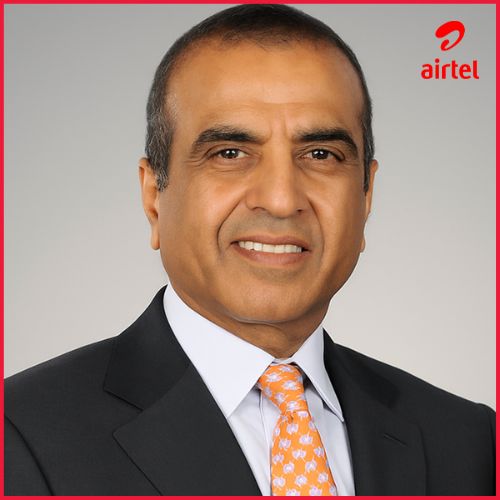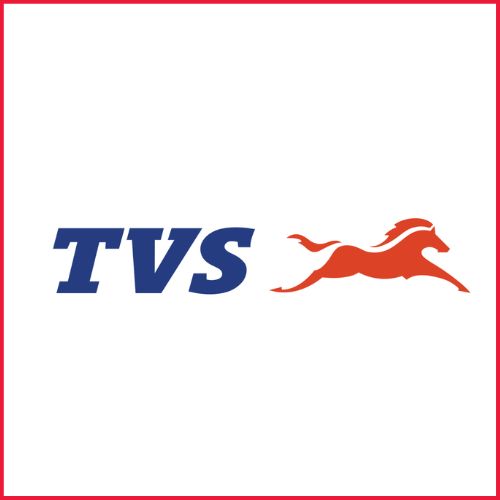Ola was last valued at $7.3 billion after raising $139 million in a Series J financing.
Bhavish Aggarwal, the founder, and CEO of Ola will take a step back from day-to-day operations to focus more on technical activities, team building, and products, in addition to long-term strategic objectives such as two-wheelers, vehicles, and breakthroughs in rapid commerce and international expansion.
GR Arun Kumar, who joined Ola less than a year ago and is now the Group CFO and CFO of Ola Electric, will now oversee the group’s day-to-day operations.
The substantial change of guard comes at a time when Ola is negotiating a new round of funding, Ola Electric scooters have been criticized for quality difficulties, and the company is seeing staff churn at all levels.
Moneycontrol obtained a copy of an internal note made by Bhavish Aggarwal on these preparations on April 11.
“To drive scale, speed, and quality, we must execute with meticulous attention to detail, and each team must collaborate in unison with one another. Moreover, in order to have a greater impact, we must continue to innovate into new and interesting areas “According to Aggarwal’s letter.
“I’ll devote more time to all engineering functions, team building, and product development. I’ll also be focusing more on our longer-term strategic projects, such as new 2W products, our car project, innovations in quick commerce, electrifying ride-hailing, our cell R&D and factory, international expansion, and expanding our Pune tech center and the Futurefoundry UK, among other things “He continued.
“I am expanding Arun GR’s job to help me drive the day-to-day operations across the group,” he added, “to ensure that we have an appropriate focus on the performance of the current businesses.”
“Arun joined Ola a year ago and has had a significant influence in that time. He has been very effective as CFO, driving the entire manufacturing, supply chain, S&OP, construction for Ola Electric, working with everyone across mobility, car retail, rapid commerce, and also running OFS as interim CEO “He said.
In his new capacity. Arun will collaborate with all team leaders to push important metrics, lead reviews across businesses, and critical cross-team projects, according to Aggarwal, thereby making him the most influential executive after Bhavish.
The announcement comes as the SoftBank-backed firm, which was planning to list on the public markets this year, has changed its plans to raise a new round of funding at a lower valuation, indicating a sharp reversal in fortune for startups after a record 2021 that saw sky-high valuations in both the public and private markets. It has also bought Avail Finance, a company founded by Aggarwal’s younger brother Ankush Aggarwal, a move that has prompted concerns about governance and transparency.
Ola was previously valued at $7.3 billion when it raised $139 million in Series J capital led by Edelweiss PE, IIFL, and Sunil Munjal-led Hero Enterprises, in what appeared to be the final round of funding before its IPO. Prior to the $139 million, the company secured $500 million from Warburg Pincus and Temasek, giving early investors Tiger and Matrix a stake in the company. Founder and CEO Bhavish Aggarwal stated at a Reuters Next conference in December last year that Ola intends to go public in the first half of 2022.
Aggarwal also discussed intentions to develop a super app that would provide not only mobility but also loans and microinsurance. Ola has also been investing substantially in its rapid grocery delivery service, Ola Dash, as it looks to expand beyond ride-hailing, which has suffered as a result of the pandemic. Uber, for example, gets more money from food delivery than it does from its main ride-hailing operation.
In recent months, the company has lost several executives, including Chief Financial Officer Swayam Saurabh, Chief Operating Officer Gaurav Porwal, HR head Rohit Munjal, and General Counsel Sandeep Chowdhury.
Aggarwal is the founder of two unicorns: Ola, the ride-hailing company, and Ola Electric, which has big hopes to disrupt the electric two-wheeler sector. It began delivering its electric scooters in December of last year, a month later than its initial plans of an October delivery date.
While COVID-induced lockdowns harmed its ride-hailing business last year, it has since begun to rebound as India has opened up dramatically in recent months.















